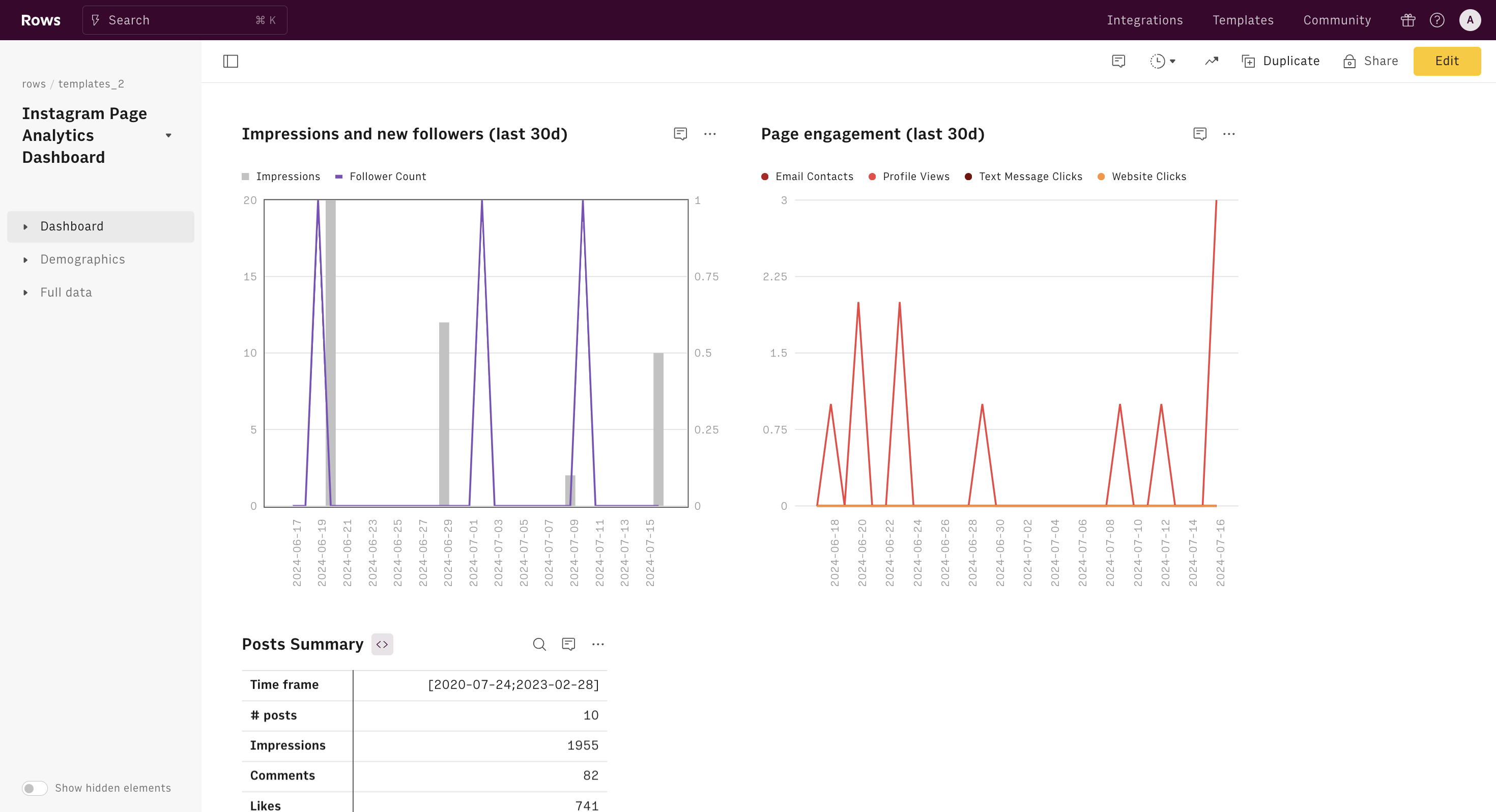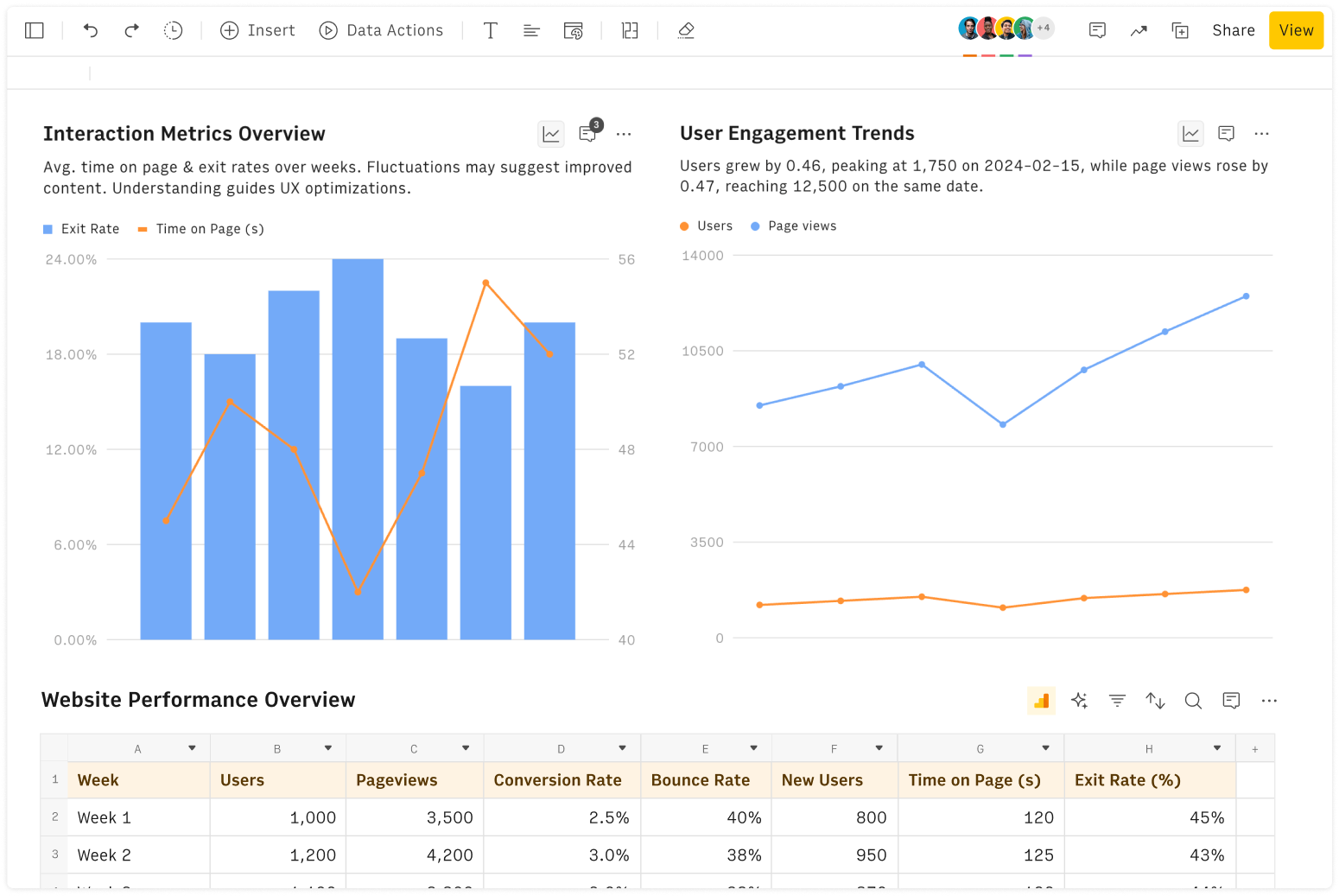What is an HTML Encoder?
An HTML encoder converts characters in text that have special significance in HTML code into their corresponding HTML entities. This is essential to ensure that the text displays correctly on a webpage and doesn't interfere with the HTML structure. For example, converting '<' into < prevents it from being mistaken for an HTML tag.
This HTML Encoder leverages Rows AI native functions that bring the power of AI on the grid. Discover more on how to use AI in Rows.
Using an HTML encoder helps prevent cross-site scripting (XSS) attacks by neutralizing input that could otherwise be executed as code by a web browser. It's a crucial security measure for any website that accepts user input, such as forms and comments sections, to maintain the integrity and security of the webpage.
How to Use an HTML Encoder?
To use an HTML encoder, simply input the text you want to encode and hit Enter. The encoder will replace HTML-sensitive characters with their respective entities. For instance, the string "This <span>is a test</span>" will be encoded to "This <span>is a test</span>", making it safe to display on any web page without altering its layout or design.
Common HTML Entities
Here are some common HTML entities that are typically converted by an HTML encoder:
<for<>for>&for&"for"'for'
Understanding these entities is beneficial for manually editing HTML or debugging encoded strings.
Practical Use Cases for an HTML Encoder
HTML encoders are particularly useful in several scenarios:
Web Development:
When displaying user-generated content, such as comments or posts, to ensure that the content does not break the website's layout or execute unwanted scripts.
Email Development:
To prevent special characters from rendering incorrectly in HTML emails, ensuring that all recipients see the content as intended.
Data Storage:
When storing data that might contain HTML characters in a database, encoding these characters can prevent execution of unintended HTML or scripts when the data is retrieved and displayed on a webpage.
Content Management Systems:
In blogging platforms or CMSs, where users frequently input HTML content, encoders help maintain the integrity of the code by converting special characters automatically.







